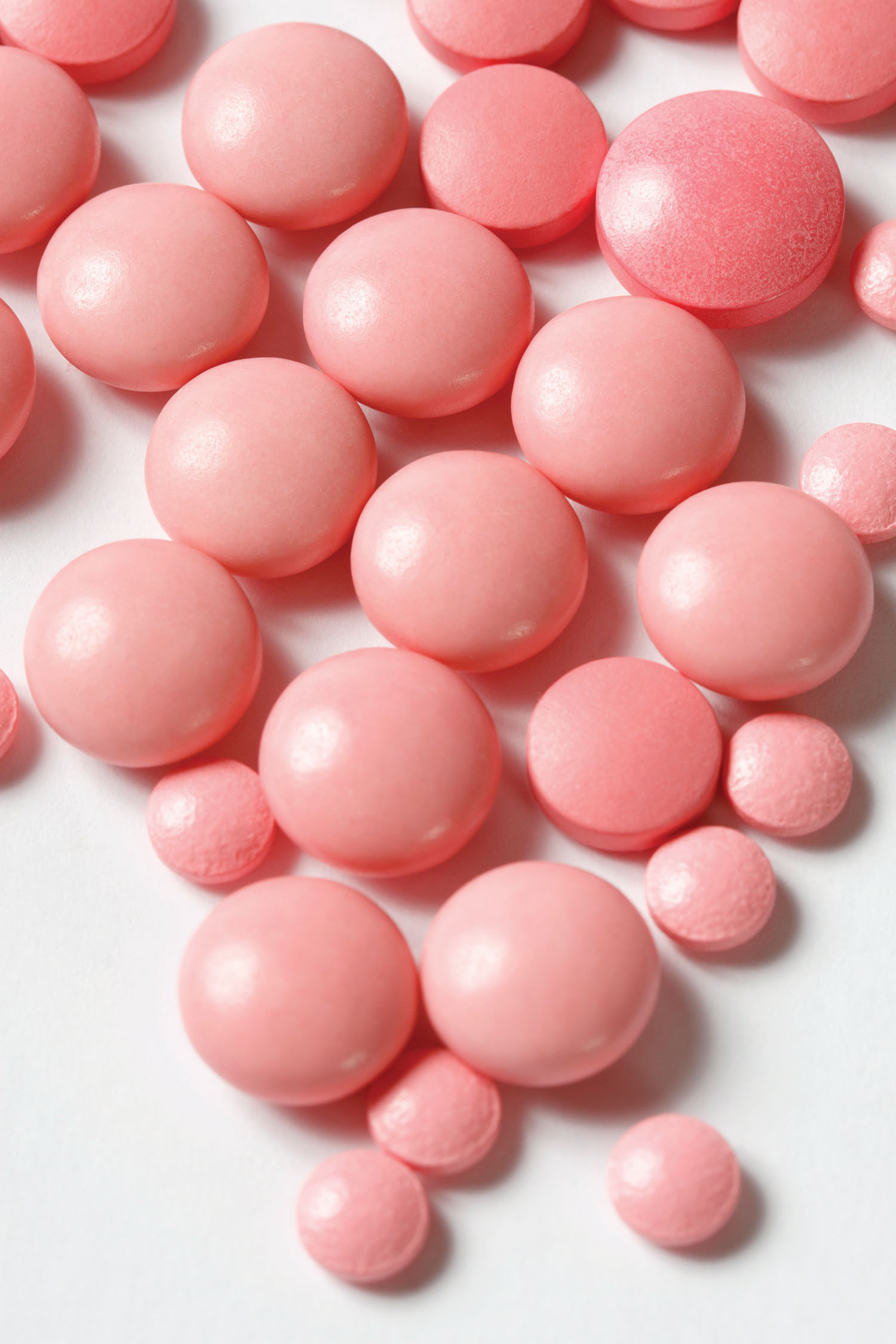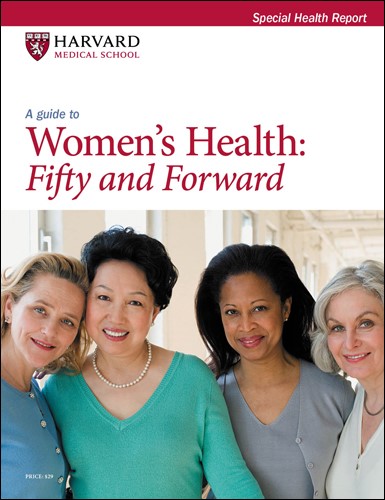Are bioidentical hormones superior to hormone medications?
Ask the doctors
 Q.
I recently heard a friend say she was taking bioidentical hormones to treat menopausal symptoms. What are they, and are they better than taking traditional hormone therapy medication?
Q.
I recently heard a friend say she was taking bioidentical hormones to treat menopausal symptoms. What are they, and are they better than taking traditional hormone therapy medication?
A. The North American Menopause Society and other organizations have warned that there are risks related to using bioidenticals, which are defined by the Endocrine Society as "compounds that have the same chemical and molecular structure as hormones that are produced in the human body." Bioidenticals are often prepared at compounding pharmacies and sometimes used as alternatives to synthetic hormones like Premarin (conjugated equine estrogens) and Prempro (conjugated equine estrogens plus medroxyprogesterone acetate). While advertisers may claim that these bioidentical hormones are "natural" alternatives to hormone medications, the truth is that the two are often very similar — but bioidenticals may come with less quality assurance. Many FDA-approved hormone therapies also meet the description of a bioidentical (although they're not usually advertised this way). In some cases, they are actually made using the same ingredients as bioidentical hormones. There's little evidence that bioidenticals are superior to FDA-approved hormone medications, and in fact, bioidenticals may be riskier, because they aren't scrutinized or tested by the FDA to verify dose and purity.
Image: © art-4-art/Getty Images
About the Authors

Toni Golen, MD, Editor in Chief, Harvard Women's Health Watch; Editorial Advisory Board Member, Harvard Health Publishing; Contributor

Hope Ricciotti, MD, Editor at Large, Harvard Women's Health Watch
Disclaimer:
As a service to our readers, Harvard Health Publishing provides access to our library of archived content. Please note the date of last review or update on all articles.
No content on this site, regardless of date, should ever be used as a substitute for direct medical advice from your doctor or other qualified clinician.
















